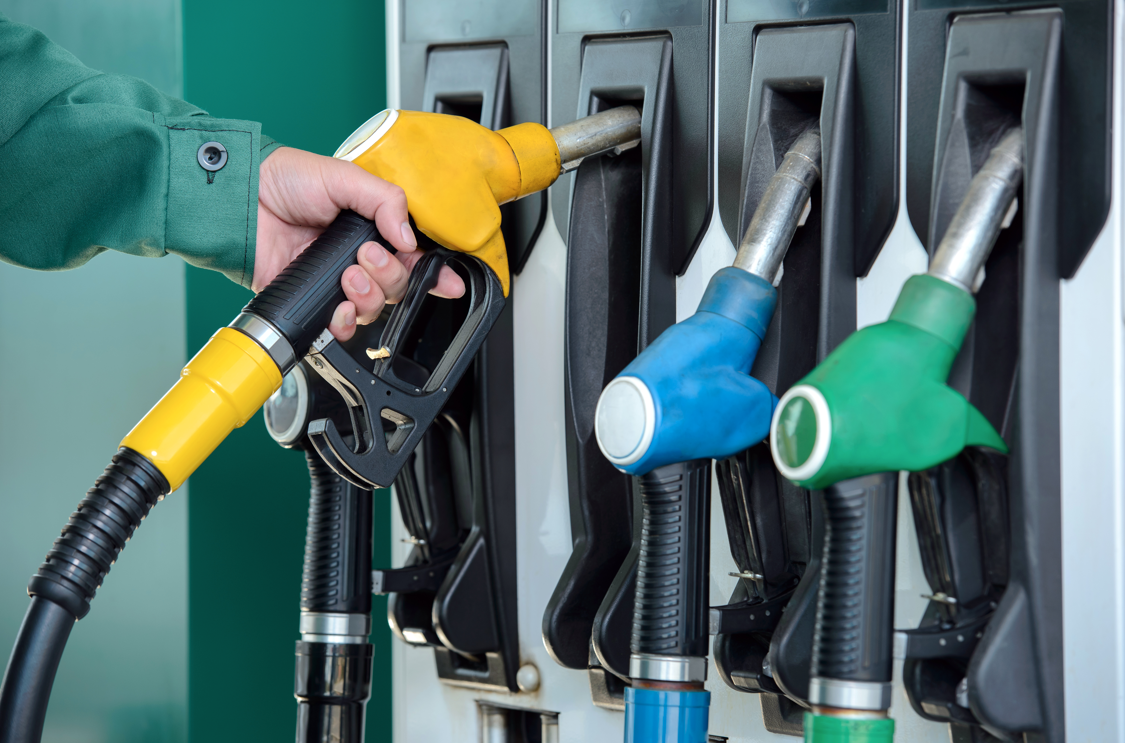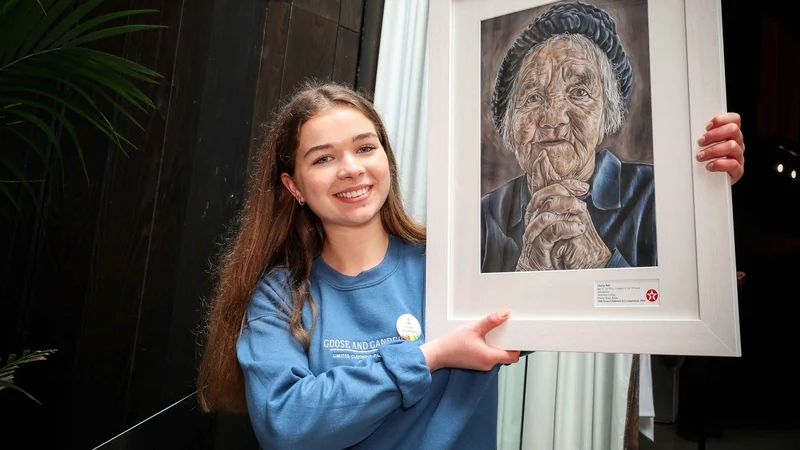Cost of filling UK petrol car tops £98 for first time in history: RAC

The cost of filling a 55-litre UK family car with petrol has now topped £98 for the first time in history as a result of a litre hitting a new all-time high of 178.5p on Monday, the RAC says.
Diesel also rose to yet another record by reaching 185.2p which takes the cost of a tank to £101.86.
RAC fuel spokesperson Simon Williams said: “With analysts predicting that oil will average $135 a barrel for the rest of this year drivers need to brace themselves for average fuel prices rocketing to £2 a litre which would mean a fill-up would rise to an unbelievable £110.
“The oil price is rising due to increased demand for fuel across the world as China eases its Covid restrictions and America and Europe go into the peak summer driving season. All this combined with a weaker pound at $1.2 means wholesale fuel costs more for retailers to buy.
“The wholesale price of diesel is fast approaching 160p a litre which, when you add 7p retailer margin and 20% VAT, would take the pump price over the £2 mark.
“We strongly urge the Government to take drastic action to help soften the impact for drivers from these never-before-seen pump prices.”
The RAC said the price of petrol surged by nearly 5p a litre in the week that included the bank holiday break, the RAC says, and could soon hit 180p a litre.
The motoring body said the average cost of a litre of petrol had hit a “frightening” 177.88p by Sunday.
Oil prices remain high due to the war in Ukraine and sanctions to reduce Europe’s dependence on Russia.
“Sadly, we expect to see the average price of petrol break through the 180p mark this week with diesel moving further towards 190p,” said Mr Williams.
AA fuel price spokesman Luke Bosdet said: “Shock and awe is the only way to describe what has been happening at the pump during the half-term break.”
He added: “The forces behind the surge have been oil jumping back above $120 a barrel for the first time since late March, combined with petrol commodity prices being boosted by summer motoring demand.”








